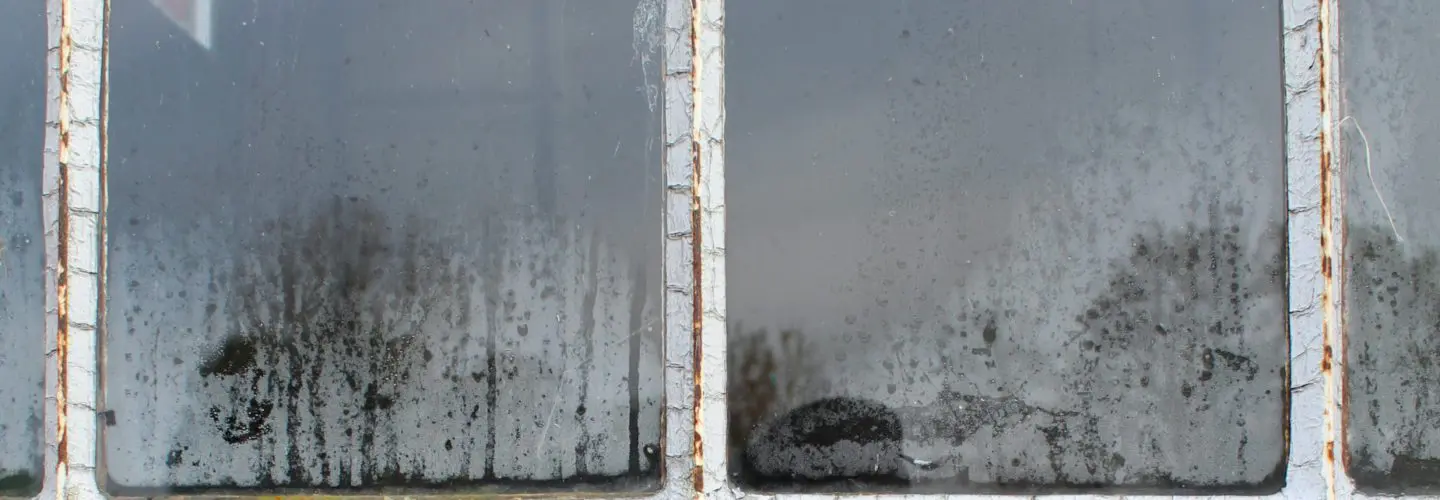Northeast States Again Rank High in 2020 State Energy Efficiency Scorecard, but Massachusetts’ Fall to Second Place Highlights Need for Continued Improvement
Rockport, ME – Massachusetts has lost its energy efficiency crown to California, after 9 years on top of the national rankings for efficiency, according to rankings released by the nonpartisan American Council for an Energy-Efficient Economy (ACEEE). As they have for the past decade, Northeast states performed well in the 2020 State Energy Efficiency Scorecard, with Massachusetts, Vermont, Rhode Island, and New York filling out the top 5 spots, respectively. Connecticut ranked #7, Maine at #16, and New Hampshire at #18, a slight improvement from the 2019 Scorecard, which ranked New Hampshire at #20.
“Investing in energy efficiency is the best way to reduce the energy burdens faced by consumers in the Northeast,” said Daniel Sosland, Acadia Center’s President. “The region’s continued strong showing in the national rankings is due to the last decade of successful efficiency policies and programs in these states – helping the Northeast lower carbon pollution while providing over $49 billion in economic and public health benefits, region-wide.”
“Massachusetts’ falling to #2 highlights the need to not rest on past success, but instead keep innovating to ensure that the programs are helping to deliver clean, healthy buildings in our poorest neighborhoods, too,” Sosland continued.
The COVID-19 pandemic has had a profound effect on state budgets and policy agendas across the country and has forced hundreds of thousands of people in the clean energy sector out of wo rk, especially energy efficiency contractors. The pandemic has slowed progress on new energy efficiency legislation, and yet, existing efficiency policies and appliance standards continued to help reduce energy use and emissions and save consumers money.
The ACEEE rankings, released annually, are based on scoring in categories including state government initiatives, building efficiency policies, utility and public benefits programs, transportation policies, and appliance standards. The Northeast’s success in the rankings is largely the result of a policy championed by Acadia Center that requires programs to pursue all energy efficiency that is cost-effective, rather than defining a prescribed level of funding, and to involve stakeholders in developing efficiency plans. ACEEE awarded Massachusetts and Rhode Island a near-perfect score in the utility program category, praising the programs for being the largest contributor to state greenhouse gas emissions reduction goals. And both Massachusetts and New York have begun to incorporate fuel-neutral savings goals that better align efficiency programs with electrification.
“Over the last ten years, Massachusetts’ strong customer-funded efficiency programs have grown the economy while lowering electric and gas bills and cutting emissions – and they’ll continue to do so. Massachusetts lost its first-place rank largely because it has not adopted appliance efficiency standards – an area heavily weighted under the scoring rubric,” said Amy Boyd, Director of Policy at Acadia Center and a member of the Massachusetts Energy Efficiency Advisory Council. “Massachusetts should adopt appliance standards, but also take this shift in rankings as a wake-up call that even though our utility efficiency programs are among the best in the nation, they’re not perfect. We need to ensure that all communities and customers can access the efficiency programs and include climate as one of the program’s explicit statutory goals.”
The Northeast is a national leader in energy efficiency, but states can and must do more. Acadia Center is working with states in the Northeast to keep energy efficiency funding high, serve low- and moderate-income communities better, and align energy efficiency programs more closely with climate targets.
Most importantly, many households in the Northeast—particularly those living in older buildings in environmental justice communities—suffer from excessive indoor air pollution, unhealthy temperature swings, and other inadequate living conditions. The communities most impacted by this substandard housing disproportionately consist of people of color. These buildings also emit more climate pollutants than better-weatherized housing. Existing efficiency programs must embrace this chance to marry traditional energy savings with crucially important equity and climate goals. Acadia Center is working with a wide range of partner organizations on policy changes that will enable efficiency programs to seize this opportunity.



















